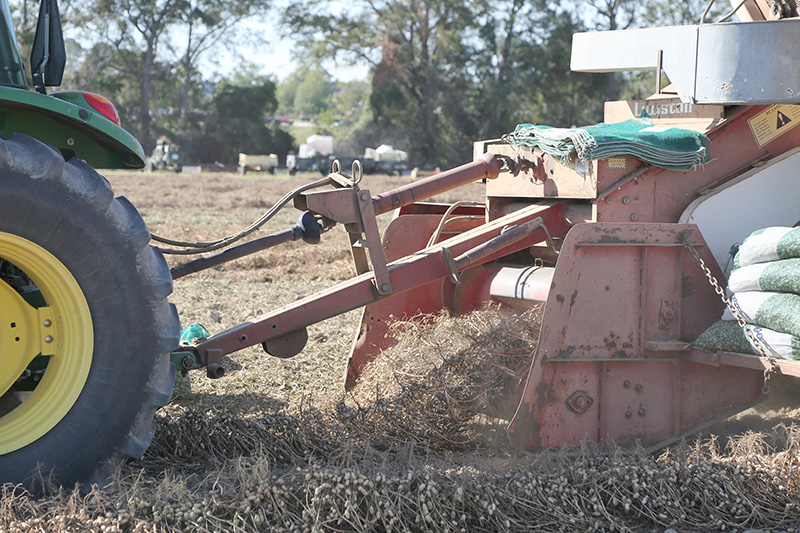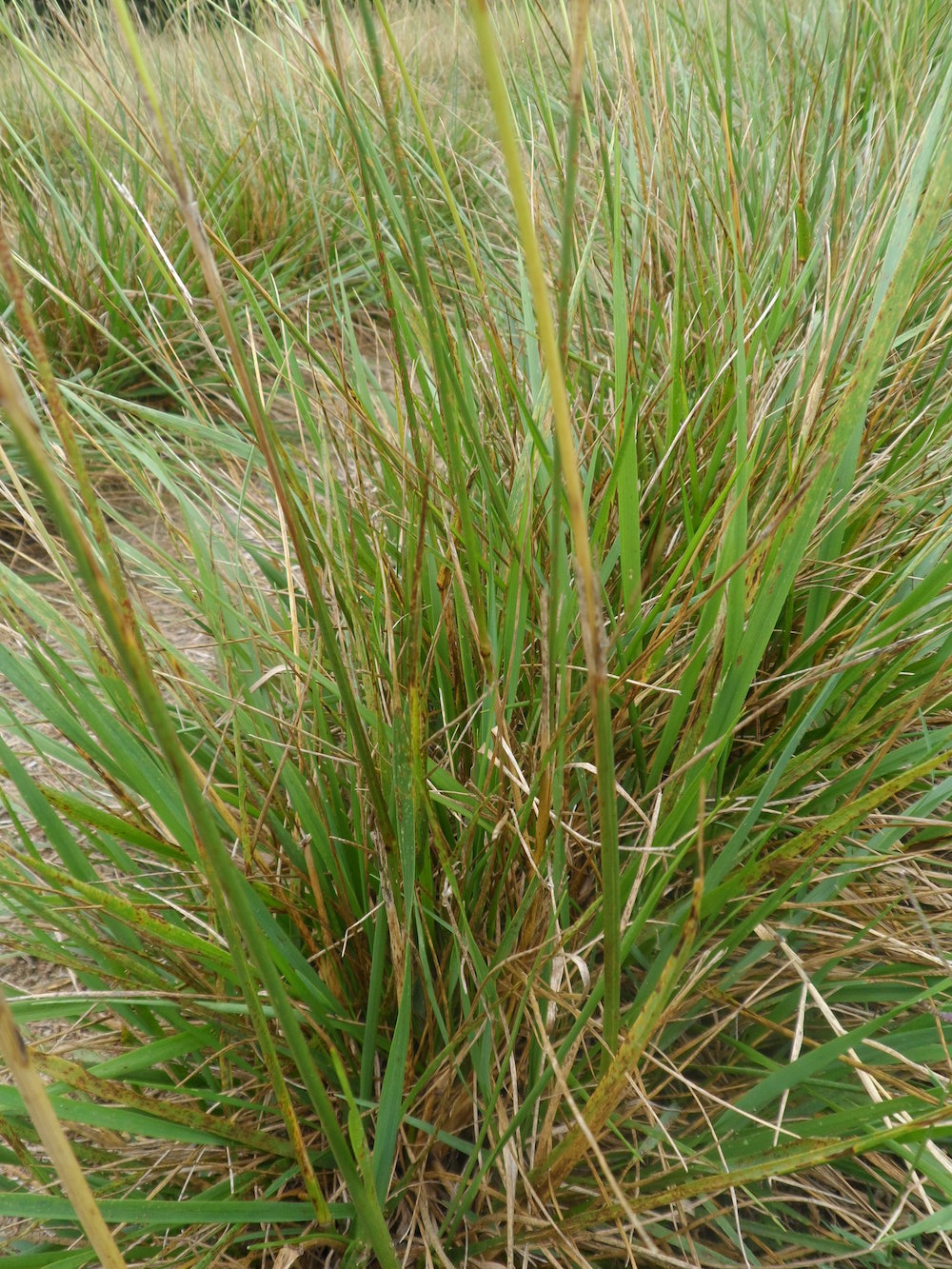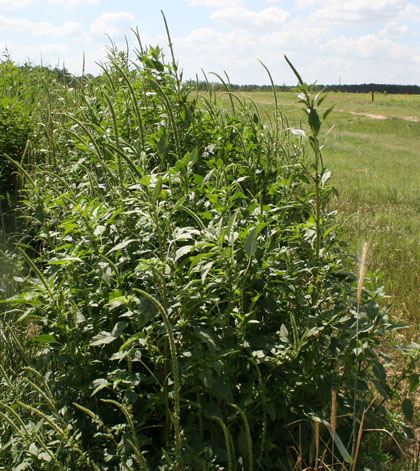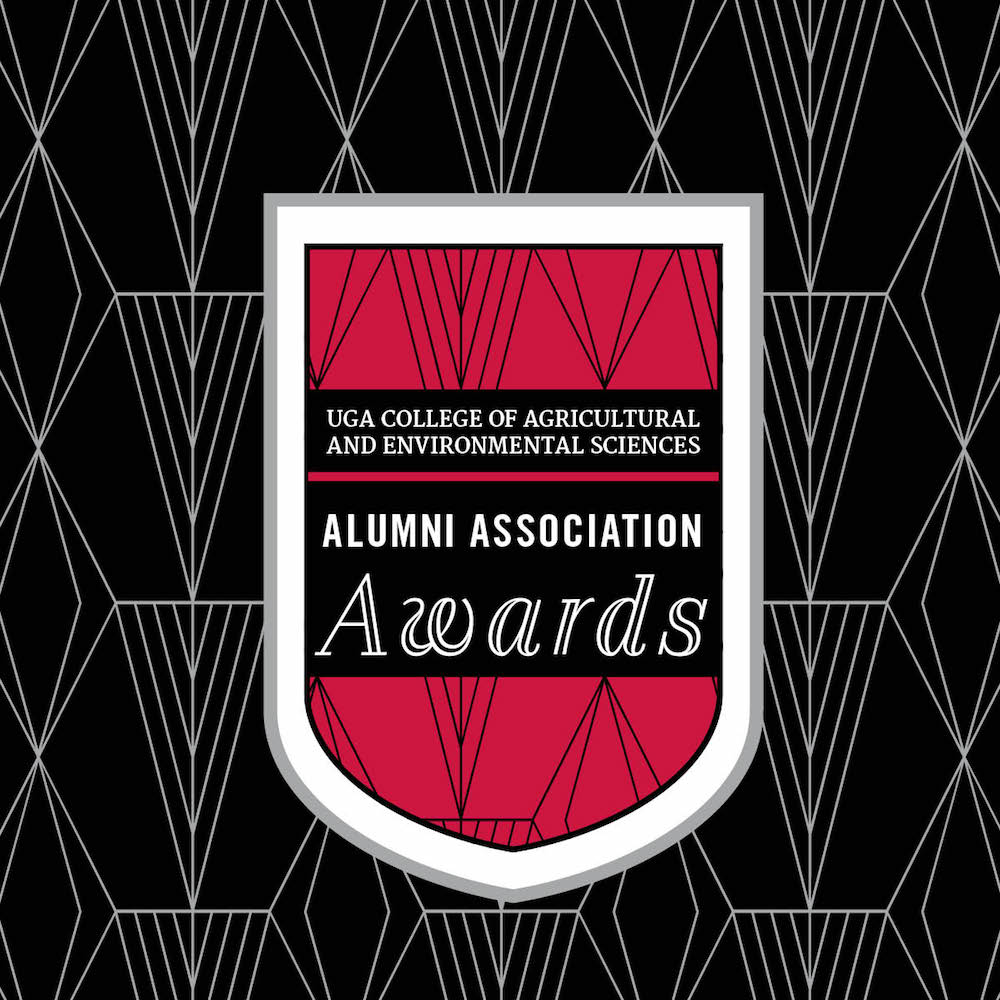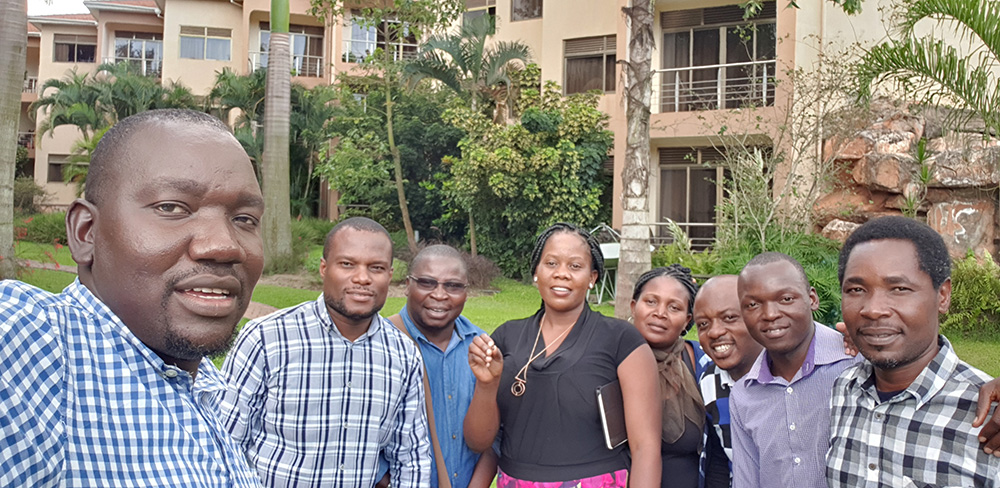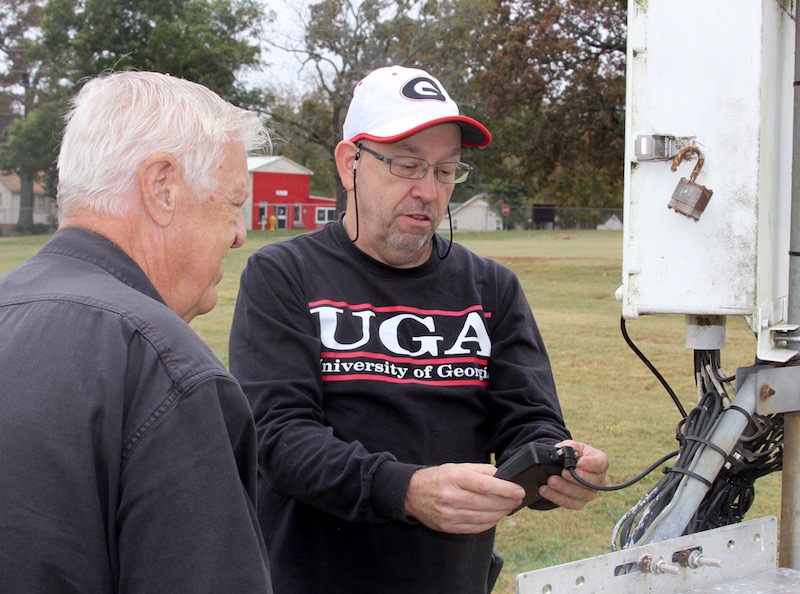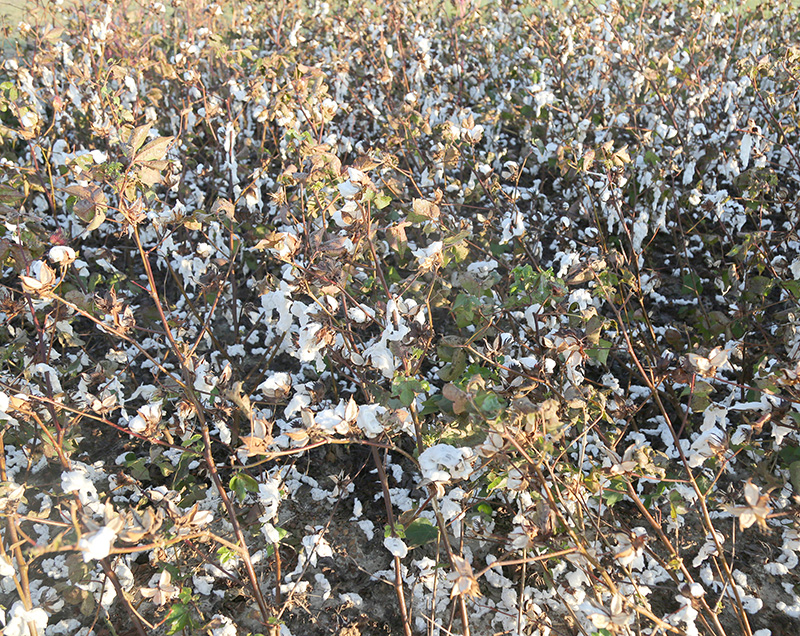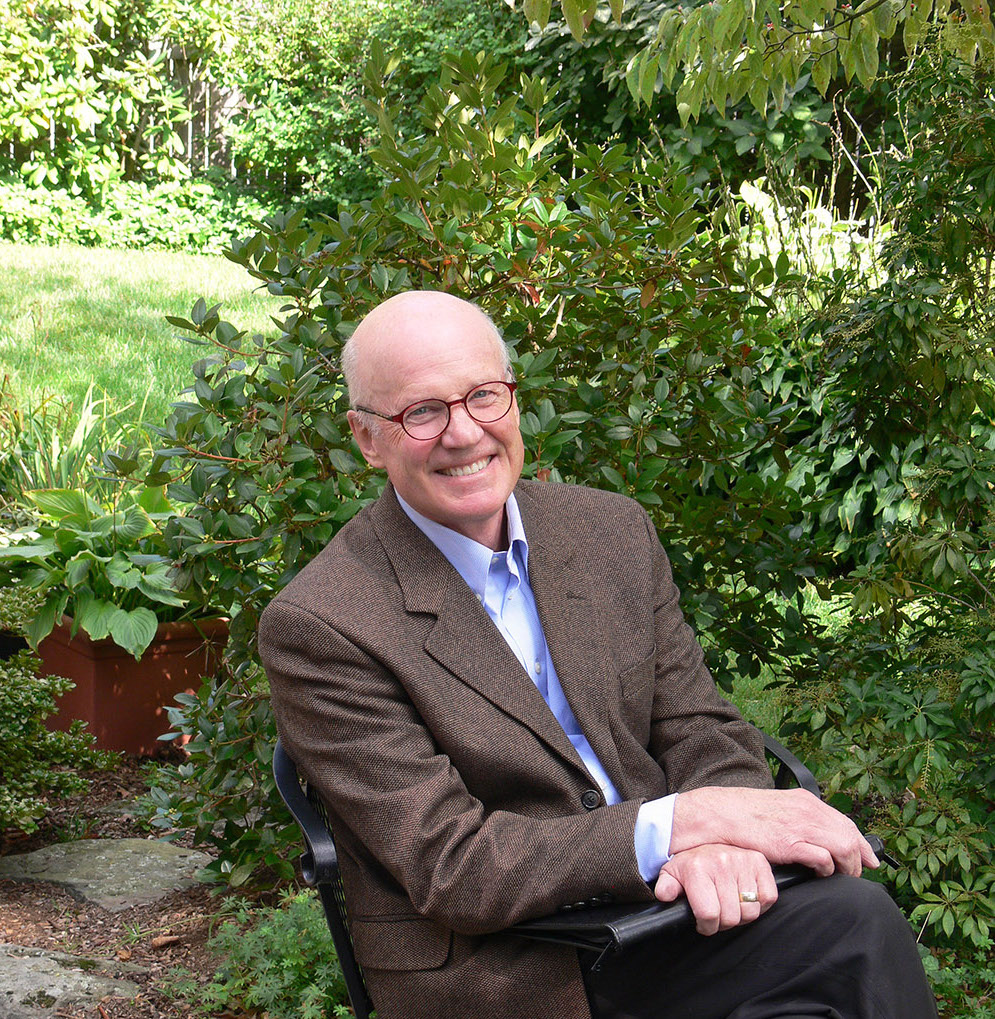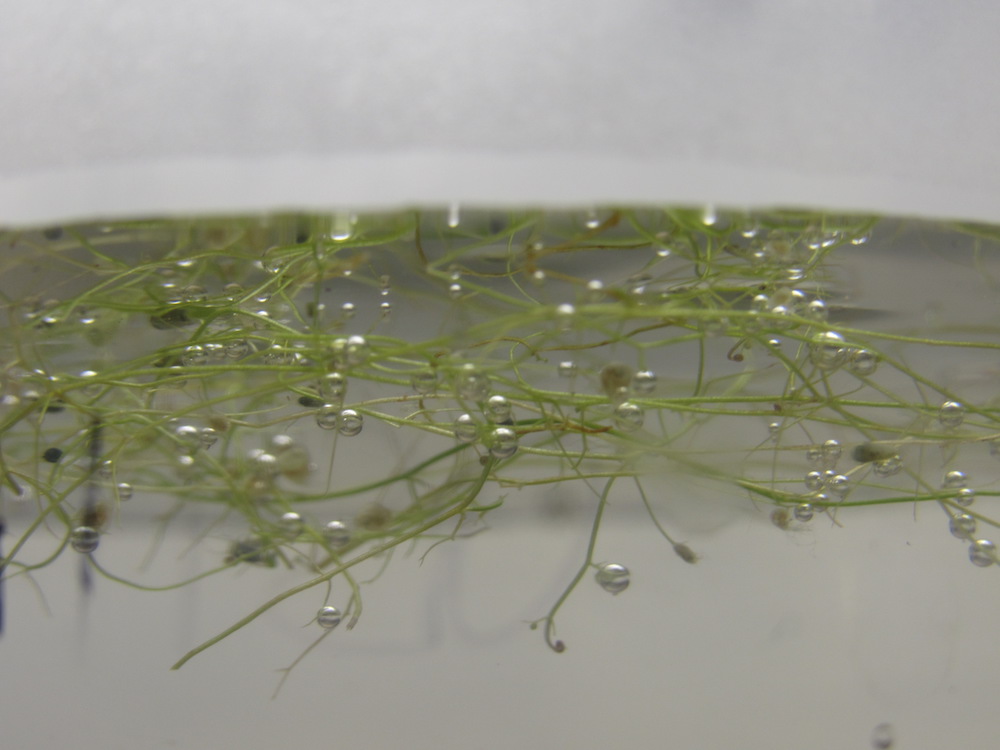 CAES News
CAES News
Bladderwort Research
With the advent of CRISPR technologies and other precise genome editing methods, it has become faster and easier for crop scientists to breed new varieties. But there are still a few technical roadblocks that need to be overcome.

